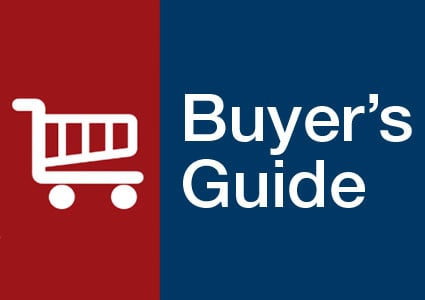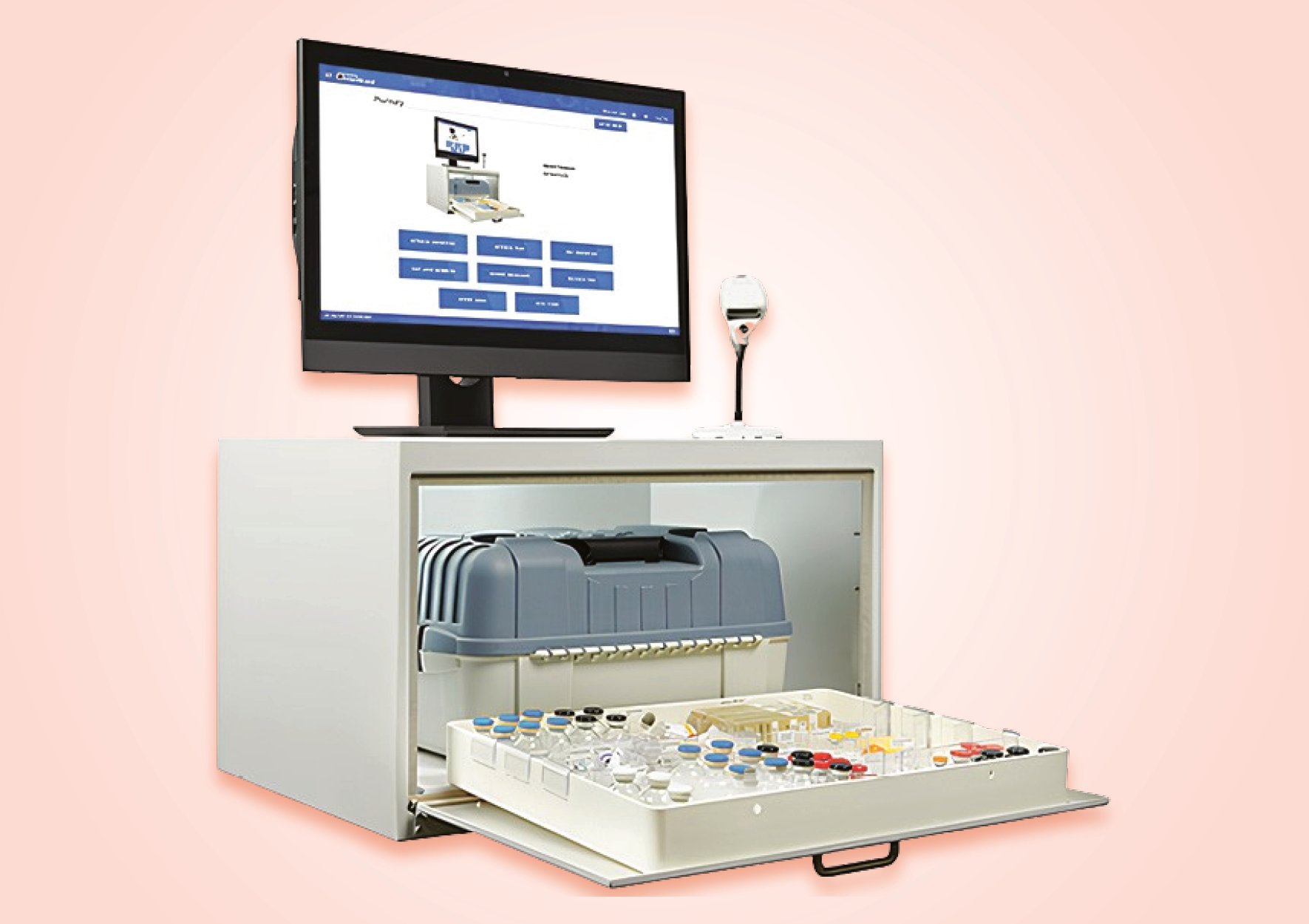- Show Menu
- Contact Us
- FAQs
- Reader Service
- Survey Data
- Survey Winners
- Testimonials
- Upcoming Events
- Webinars
- White Papers
Regulatory Inspections
With the drastic impacts of COVID-19 abating in the hospital setting, there has been an uptick in inspection activity: more inspections are occurring and there is a stronger focus on USP <797> compliance. Notably, there was a dip in the number of regulatory actions taken by accreditors and less of a focus on USP <800>; both of these trends are likely to reverse in the coming year. While accreditation surveys are generally conducted by physicians, a third of accreditation surveyors are pharmacists, who are also more likely to issue citations or recommendations. Notably, survey respondents report very few FDA inspections.

Despite increases in both survey frequency as well as inspectors’ focus on <797> this year, the number of facilities receiving recommendations and citations related to compounding practices declined from 14% to 9% and from 9% to 7%, respectively.

Across the country, 27% of facilities have reported experiencing a patient incident involving a compounding error over the past 5 years. The frequency of these serious compounding errors rises along with compounding volume.

FDA inspections, while rare, are not nonexistent in hospital pharmacies. Over the past 2 years, 4% of hospital pharmacies have been inspected by the FDA and 6% of those inspections have resulted in 483 observations.
Click here to view a larger version of this chart.

A strong focus on USP <797> compliance can be expected during accreditation and state board inspections. CMS has also increased their attention to <797>-compliant practices.
Click here to view a larger version of this chart.

There was a significant drop off in the number of recommendations made and citations issued by accreditors this year; however, that is likely to change once the regulations become official in November.
Click here to view a larger version of this chart.

While a minority of inspections expected USP <800> compliance this year, that will change with the November deadline.

While physicians continue to conduct most accreditation surveys, the number of nurses and pharmacists serving as accreditors is increasing. It is important to note that pharmacist surveyors are most likely to cite or make recommendations during a pharmacy inspection.
Like what you've read? Please log in or create a free account to enjoy more of what www.pppmag.com has to offer.








